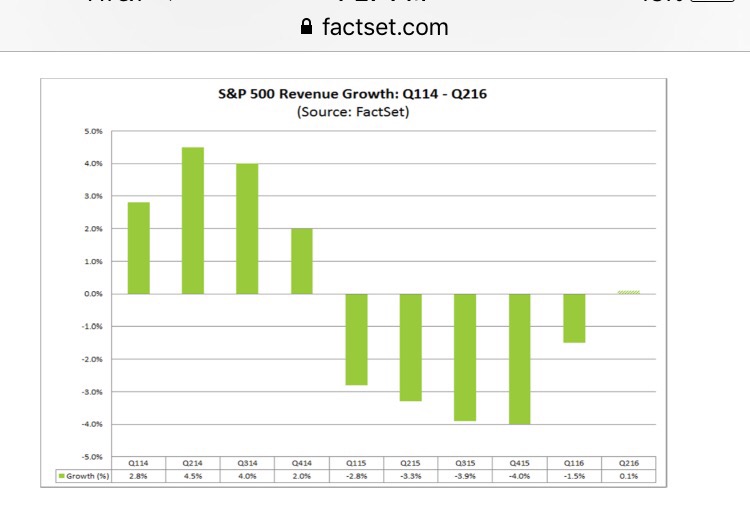Annuities are not typically purchased. They are most often sold. While annuities can be a valid solution for some, they can be entirely inappropriate for others. In my experience, annuity sales are too often sold to people who fear for their financial future. This is about to change and it couldn’t come a day too soon. Given the complexity of annuities, this is the first of two installments.
The Department of Labor, under their new and expanded fiduciary duty rules, clearly agrees with me. Once fully implemented, their new rules will subject many annuity salespeople to a much thicker layer of regulatory scrutiny. This will undoubtedly mean more objective advice is given to people facing important retirement decisions.
With that, let’s first define what an annuity is by describing the trade you’re making when you purchase one.
When you buy an annuity, you hand over your money to an insurance company. In return, you are promised a set of payments in the future. The point in time you begin receiving those payments can range from right away to decades later.
Let’s next categorize annuities by the way your money grows after you hand it over to the insurance company. Your return is either fixed or it’s variable.
With a fixed annuity, the insurance company promises you a set return on your money, like you’d get with a CD or a bond. With a variable annuity, your return is linked to stocks and bonds, like your typical investment account.
What makes annuities hard to evaluate are the extra features insurance companies build in. These features are often band-aids designed to soothe the real pain inflicted by your separation from your money – “Will I still have access to my money, if I really need it?” Or, annuity contracts contain bells and whistles designed to sweep away your pre-existing worries – “You no longer have to gamble at the stock market casino.”
Of course, the more flexibility and protections you desire in an annuity, the higher its cost and the lower your benefits. As much as they’d like you to believe it, the annuity industry has not yet discovered financial alchemy, unless you count their ability to consistently turn your fears into their fortunes. With a little education, your personal annuity decision – yes or no – will end up being what’s best for you alone, as it always should be.
To learn more, join Jason P. Tank, CFA on Wednesday, September 14th at 6:30pm for his presentation on behalf of the Front Street Foundation’s Money Series held in the McGuire Room at the Traverse Area District Library. Front Street Foundation is a nonprofit with a mission to provide open-access to financial education, for all. Visit FrontStreetFoundation.org to learn more.



